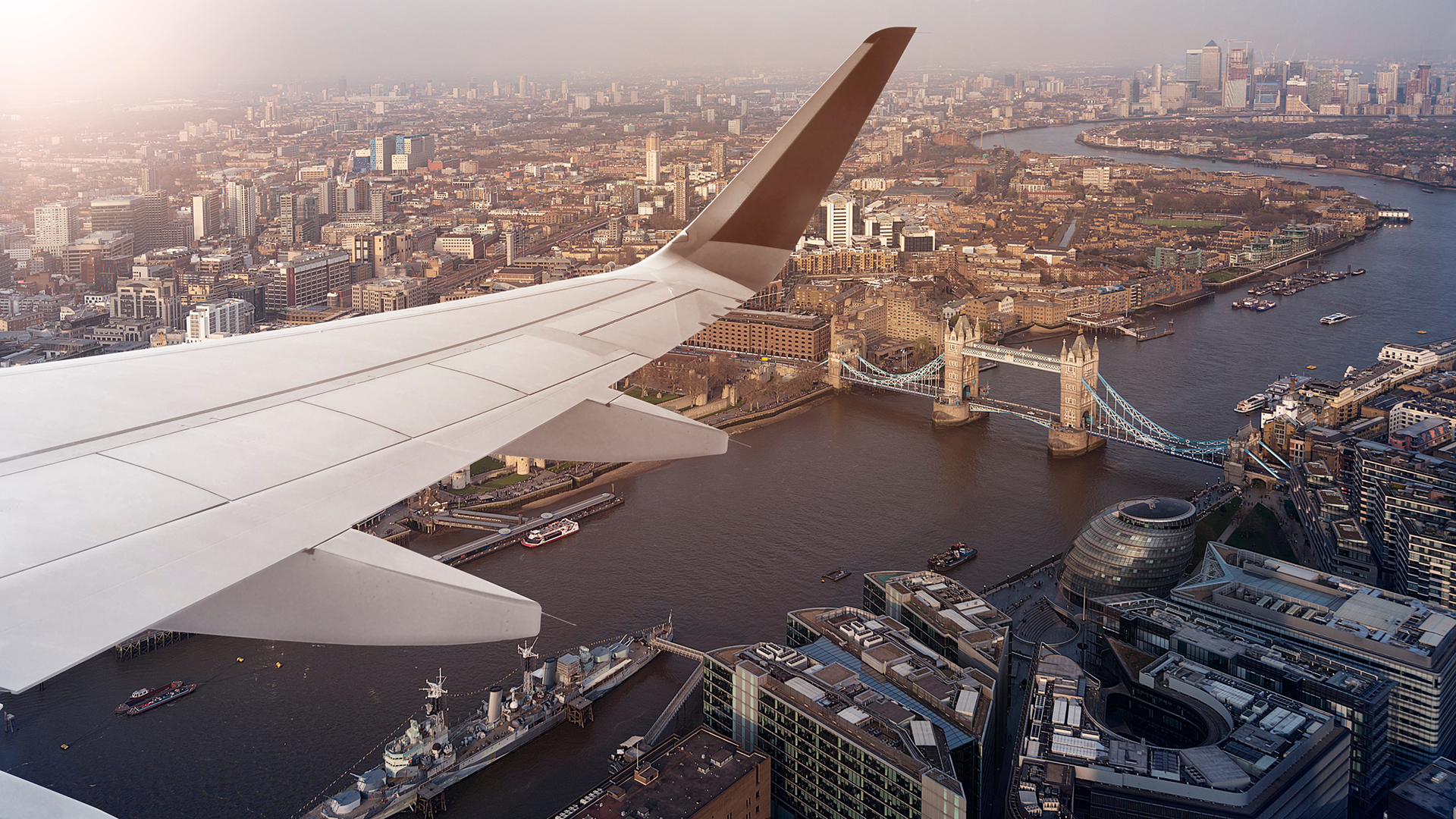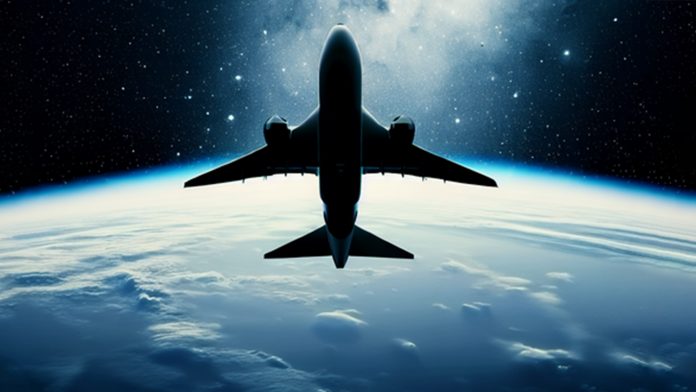Jet-setting may soon take on an entirely new meaning, with holidaymakers able to enjoy flights from Sydney to London in just two hours via space.
New research from the UK Civil Aviation Authority (CAA) suggests that flights from Sydney to London could be reduced by around 20 hours by travelling through space.
The experts say that these suborbital flights could be commercialised in the next decade, meaning passengers will be able to navigate the globe in less time than it takes to fly across Australia.
The two-hour flight will come at an astronomical price
Currently, it takes a whopping 22 hours to fly from Sydney to London – but with advances in suborbital space flights, this could become just a few hours.
Suborbital flights entail passengers being launched into space for a short period before descending to the desired location – an out-of-this-world shortcut.
These types of flights have been popularised in recent years, such as those offered by Richard Branson’s Virgin Galactic.
Currently, space tourists pay around £350,000 per seat – making it easy to understand why most passengers opt for the slower but significantly cheaper option.
However, regulators have predicted these prices will soon plummet like a rocket reentering the atmosphere, eventually making this intergalactic flight option more viable.
What are the risks involved in suborbital flights?
In their recent study, CAA employed The UK’s Royal Air Force technology to recreate the G-forces experienced in suborbital flights on 24 participants.
The results showed that most people could handle space travel without suffering severe health outcomes – although a temporary loss of vision was experienced by 88% of participants.

Additionally, people with prior health and lung conditions or obesity could be at an increased risk of poor health outcomes.
Interestingly, due to their stiffer arteries – older people may cope better with the effect of space travel than younger people.
What does the future hold for space tourism?
Speaking on the findings, Paul Kostek, IEEE senior member and advisory systems engineer with Air Direct Solutions, outlined the critical steps required to grow the space tourism industry and ensure that rapid flights from Sydney to London become a reality.
Kostek explained: “The advent of space tourism is very much upon us. However, for space tourism to become an established industry, private companies must be able to achieve a return on investment.
“This will come, in part, from the development of reusable space technology, such as launch vehicles that will improve turn-around times and drop costs for crew and materials, so private companies won’t have to reinvent the wheel for every space holiday or venture such as these.
“The ‘broader’ plan is to pave the way for commercial companies into space, with the hope that the private industry will help to influence the future of space technologies or even, one day, provide rocket-powered holidays in space.
“Space tourism’ will likely grow over the next few decades and reach a level similar to current commercial air travel. As this announcement implies, companies are already exploring the use of rockets for commercial travel between continents, with a high cost for a quick trip.
“In future, prices will need to decrease, and there will need to be more availability with backing from the likes of NASA, which will provide more people with the opportunity to see the Earth from lower Earth orbit and increase humanity’s awareness of the planet as a shared place.
“There will also need to be more space vehicles, launch facilities and spaceports. Whether launching tourists or satellites into space, increasing the number of spaceports will grow the space travel business and open up a number of opportunities.”









